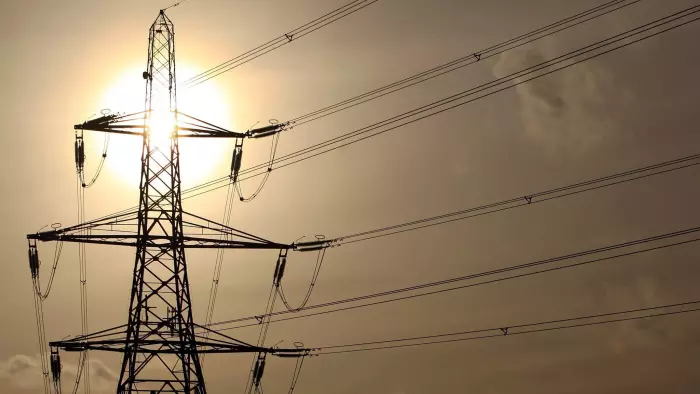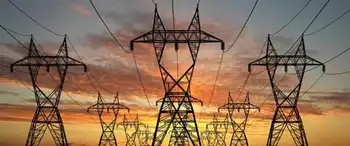HST will zap households an extra $225
ONTARIO - The Harmonized Sales Tax will cost you about $225 a year — before you even flick a switch or touch your thermostat.
ThatÂ’s according to Ministry of Finance estimates of what the coming HST will do to your monthly electricity and natural gas bill, obtained by the New Democratic Party through a Freedom of Information request.
“Increase in typical electricity bill is about $100 each year, increase in typical natural gas bill is about $125 each year,” the document states. “For example, a typical residential customer in Toronto Hydro’s service territory, the tax on a monthly electricity bill would increase from $5.28 to $13.74. The total bill, including tax, would increase from $110.98 to $119.43 (based on annualized 2008 rates).”
The NDP had requested seven months ago to find out what the government was assuming the impact of the HST would be on household energy bills — currently taxed 5% under the federal Goods and Services Tax.
But on July 1, when the GST merges with the 8% provincial retail sales tax, the total levy on energy will be 13%.
“It’s another example of how it’s going to hit people hard on the pocketbook year after year,” NDP Leader Andrea Horwath said, dismissing the argument that one-time transition payments that some families will qualify for will soften the blow.
“Notwithstanding the $1,000 of our own money they’re going to bribe us with, these costs are here into the future for families.
“It proves our point that the harmonized sales tax is the wrong tax, it’s going to hurt people when they can least afford it, not only on home heating, not only on electricity — which we’ve finally got the goods to prove — but on things like the gas in your car, things like your haircuts, your trips to the vet, your accountant, your lawyer. You name it, it’s going to be a hit on your pocketbook which is really going to hurt families these days.”
The document the government released reveals little else about what the Ministry of Finance assumes will happen when the HST takes effect. Only four paragraphs were actually released, with the remaining sections of the four pages the NDP received marked “non-responsive.”
The document does note the government was planning to offset the increase, especially for lower-income groups.
“To put this in perspective, applying PST to electricity bills would increase the typical electricity bill in 2009 by about a fraction of the total value of tax relief being provided,” the document states.
Those measures include one-time transition payments over three instalments of $1,000 for families earning less than $160,000, and the Ontario Sales Tax Credit of $260 per adult and child with family incomes less than $25,000 or single people with incomes of less than $20,000.
Premier Dalton McGuinty announced the HST in last yearÂ’s budget, arguing it was necessary to revamp OntarioÂ’s tax system and modernize the provinceÂ’s economy.
In addition to extending provincial sales tax to a host of items not previously covered, the changes include corporate and personal income tax cuts and the chance for businesses to write off more of the sales tax they pay on equipment and supplies for their operations.
Related News

FPL Proposes Significant Rate Hikes Over Four Years
MIAMI - Florida Power & Light (FPL), the state's largest utility provider, has submitted a proposal to the Florida Public Service Commission (PSC) seeking a substantial increase in customer base rates over the next four years. The plan outlines a total rate hike of approximately $9 billion from 2026 through 2029, driven by factors such as rapid residential growth and the necessity to diversify energy generation sources.
Rationale Behind the Rate Increase
FPL's request is primarily influenced by Florida's robust population growth. Since 2021, the utility has added about 275,000 customers and projects an additional 335,000 by the end of…




